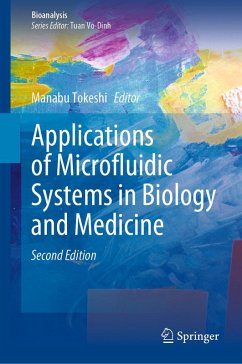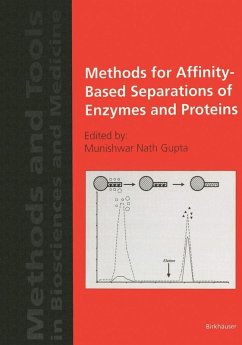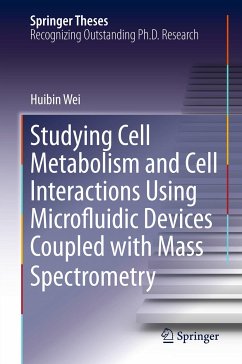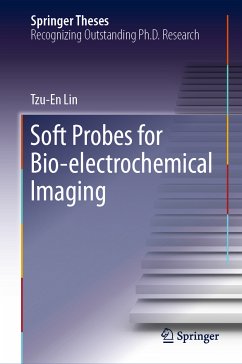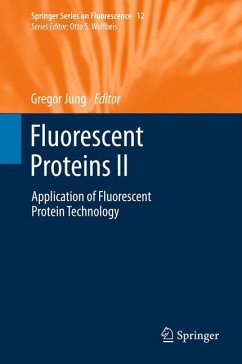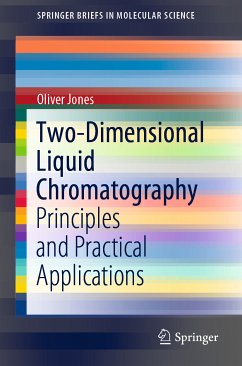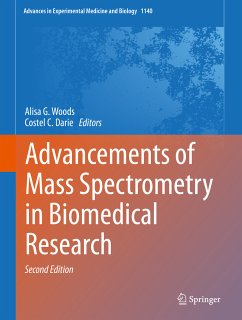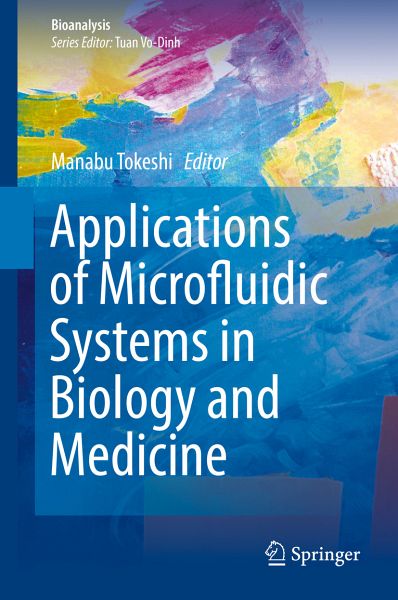
Applications of Microfluidic Systems in Biology and Medicine (eBook, PDF)

PAYBACK Punkte
56 °P sammeln!
Offers a quick overview of state-of-the-art microfluidic research for medical and biological applications
Allows everyone from beginners to experts to understand and appreciate what medical and biological applications are possible with the use of microfluidic devices
Presents a variety of important related topics, from single-cell analysis to regenerative medicine
Dieser Download kann aus rechtlichen Gründen nur mit Rechnungsadresse in A, B, BG, CY, CZ, D, DK, EW, E, FIN, F, GR, HR, H, IRL, I, LT, L, LR, M, NL, PL, P, R, S, SLO, SK ausgeliefert werden.



